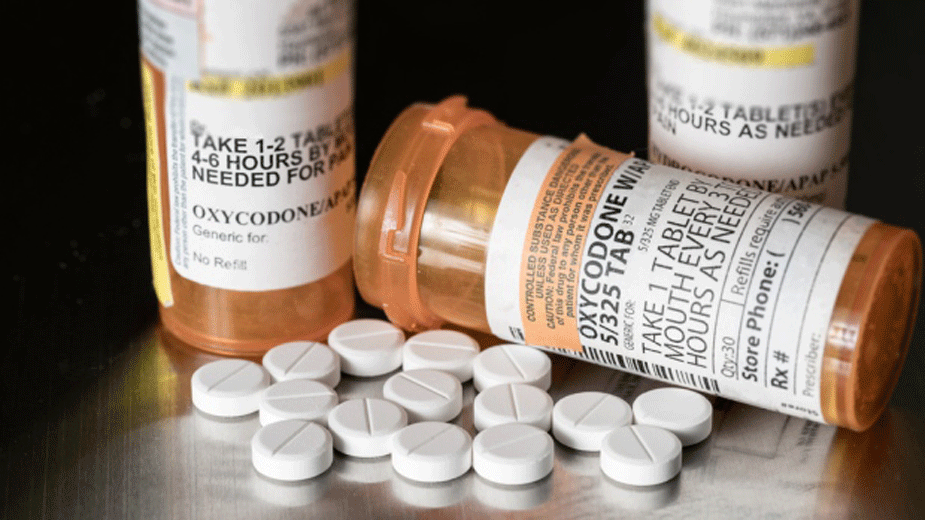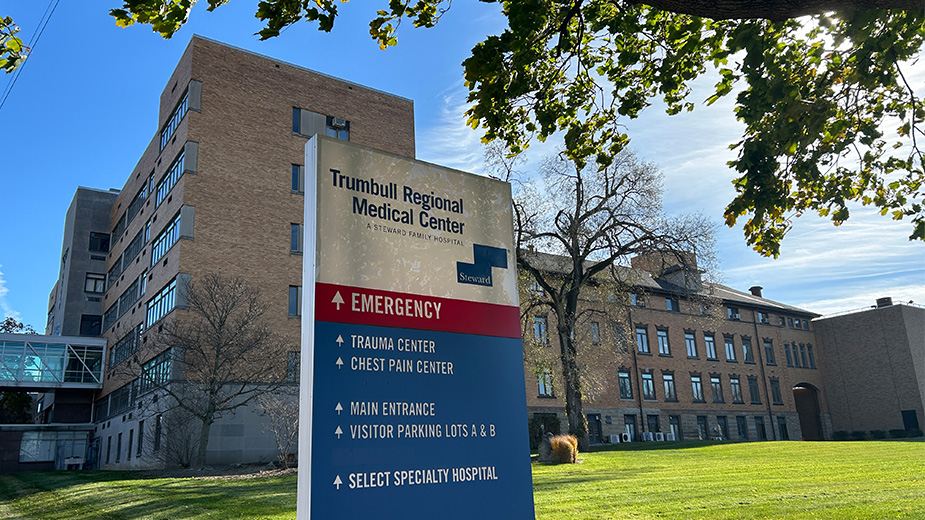Brown Touts Drug Fight Funding in Spending Bill
YOUNGSTOWN, Ohio – Ohio will be at the head of the line for funding to address the opioid crisis allocated in the federal government’s recently approved omnibus spending bill, U.S. Sen. Sherrod Brown said.
During a news conference Tuesday at the Youngstown Police Department, Brown, Police Chief Robin Lees and addiction specialist Ruth Bowdish outlined the need for the money and how it will be spent.
“For too long, Ohio communities have been desperate for the federal government to step up and provide the kind of funding and resources we need to fight addiction,” Brown, D-Ohio, said.
The legislation sets aside $6 billion to fight the opioid crisis, half of which the bill stipulates how it will be spent, Brown said. That $3 billion includes $1 billion for State Targeted Response Grants, about 15% of which is designated for states that are hardest hit by the opioid crisis.
“That means Ohio is spoken for in a big way,” Brown said. Ohio is second per capita in opioid addiction and has the highest number of deaths from overdoses.
“Each day I see the lasting effects of this poison on the faces of our clients,” said Bowdish, who is with On Demand Opiate Recovery in Austintown. “I see how it destroys relationships that we thought would be indestructible. The drug transcends from the veins of its victims into everything they touch, everything that they were.”
Drug screens testing positive for fentanyl increased nearly 200% in Ohio from 2014 to 2015, Bowdish reported. In 2016, drug overdoses accounted for more than 4,000 deaths in Ohio, the highest number of overdose-related deaths on record and an increase of 32% from 2015, she said.
“I was on the front lines when we went through what I refer to as the crack wars. The heroin epidemic has eclipsed that,” Lees said. “It’s important that we do something and again invest in the interdiction as well as the treatment.”
The states, working with the federal government, will determine what programs can be scaled up quickly using the State Targeted Response Grants, Brown said.
“When you talk about opiate addiction, or any addiction, it’s a multifaceted problem, and if you’re not able to address different aspects of it, the problem is going to perpetuate,” Bowdish said. “We have to help the individuals that are dying but we also have to give them access to that treatment and put them on a better pathway so they don’t continue to get back on that cycle.”
In addition, the legislation provides $65 million to fund opioid detection devices outlined in Brown’s Interdict Act, which President Donald Trump signed this year. The money will pay for the purchase of screening devices, lab equipment, facilities and personnel.
Copyright 2024 The Business Journal, Youngstown, Ohio.



